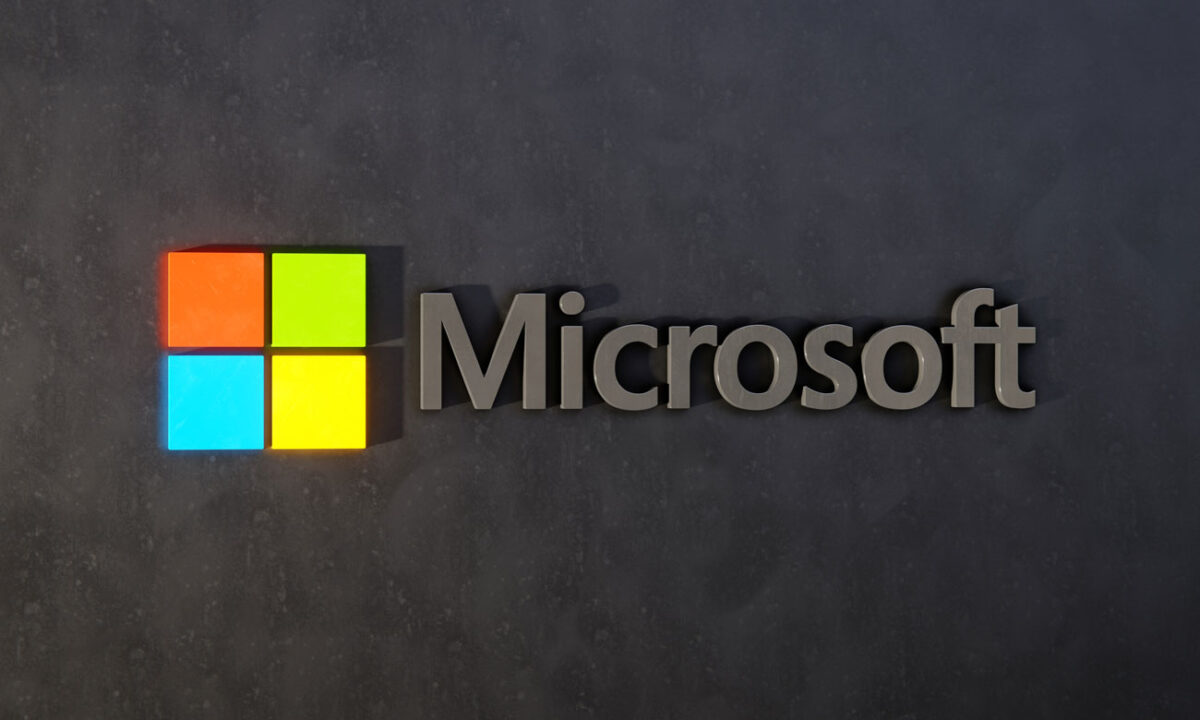
Microsoft Fundamentals Certifications: Replacing MTA Certifications

In June 2022, Microsoft officially retired its Microsoft Technology Associate (MTA) certifications, making way for the new Microsoft Fundamentals certifications. This transition marks a significant shift in Microsoft’s certification strategy, aiming to provide more role-specific and up-to-date credentials that align with the evolving needs of the IT industry.
Understanding the Transition from MTA to Microsoft Fundamentals
The MTA certifications were designed to provide foundational knowledge across various IT domains, including software development, database administration, and IT infrastructure. However, with the rapid technological advancements and the increasing need for specialized skills, Microsoft recognized the necessity for more focused and relevant certifications. Thus, the Microsoft Fundamentals certifications were introduced to replace the MTA certifications.
What Are Microsoft Fundamentals Certifications?
Microsoft Fundamentals certifications are entry-level, role-based credentials that comprehensively introduce key Microsoft technologies. These certifications are specifically designed for individuals new to the IT field who lack foundational technical skills. The certifications are available in several essential areas:
Azure Fundamentals: This certification focuses on cloud services and covers the basics of Azure, including core services, solutions, and management tools. It is ideal for those interested in cloud computing and related technologies.
Security, Compliance, and Identity Fundamentals: This certification provides an understanding of Microsoft security, compliance, and identity solutions, emphasizing essential concepts and services related to cybersecurity.
Microsoft 365 Fundamentals: This certification covers the basics of Microsoft 365 services, such as productivity, teamwork, and security solutions. It is suitable for those interested in leveraging Microsoft 365 for organizational productivity.
Power Platform Fundamentals: This certification introduces the capabilities of the Microsoft Power Platform, including Power BI, PowerApps, and Power Automate. It is geared toward those looking to create solutions for business problems using the Power Platform.
Earning a Microsoft Fundamentals Certification
A Microsoft Fundamentals certification involves passing a single exam in the preferred focus area. Each exam is meticulously designed to test the candidate’s understanding of basic concepts, services, and solutions relevant to the chosen certification. The exams ensure that individuals have a solid grasp of the foundational knowledge required for further specialization and advanced certifications.
Benefits of Microsoft Fundamentals Certifications
According to the Pearson VUE Candidate Report, 91% of certification candidates feel more confident in their abilities after earning a credential (MS Learn). Also:
Accessibility for Beginners: These certifications are tailored for individuals with little to no technical background, making them an excellent starting point for anyone new to IT.
Role-Based Focus: Unlike the broad scope of MTA certifications, Microsoft Fundamentals certifications are role-based, providing targeted knowledge and skills relevant to specific IT domains.
Career Advancement: Earning a Microsoft Fundamentals certification can significantly enhance an individual’s resume, showcasing their commitment to learning and foundational understanding of key technologies.
Pathway to Advanced Certifications: These certifications serve as a stepping stone to more advanced Microsoft certifications, enabling individuals to build upon their foundational knowledge and pursue specialized career paths.
Differences Between MTA and Microsoft Fundamentals Certifications
While both MTA and Microsoft Fundamentals certifications serve as entry points into the IT field, there are several key differences:
Content Focus: MTA certifications covered various topics, providing an overview of various IT domains. In contrast, Microsoft Fundamentals certifications are more focused, offering in-depth knowledge in specific areas such as Azure, security, Microsoft 365, and Power Platform.
Role-Based Approach: Microsoft Fundamentals certifications are designed to align with specific roles within the IT industry, ensuring that the knowledge and skills gained are directly applicable to real-world job functions.
Relevance and Modernity: The content of Microsoft Fundamentals certifications is regularly updated to reflect the latest technological advancements, ensuring that certified individuals possess current and relevant knowledge.
Pathway to Specialization: Microsoft Fundamentals certifications provide a clear path to more advanced and specialized certifications, allowing individuals to build a progressive and comprehensive skill set.
Conclusion
The retirement of MTA certifications and the introduction of Microsoft Fundamentals certifications represent a strategic move by Microsoft to address the evolving needs of the IT industry. By offering role-based, entry-level certifications in key technology areas, Microsoft ensures that individuals new to IT have a clear and relevant pathway to gaining the foundational skills required for career success. Whether cloud computing with Azure, cybersecurity, productivity with Microsoft 365, or creating business solutions with Power Platform, Microsoft Fundamentals certifications provide a robust starting point for aspiring IT professionals.
Benefits using LearnKey Microsoft Fundamentals Certifications Coursework Prep
For those looking to prepare for their Microsoft Fundamentals certifications, LearnKey offers comprehensive coursework prep. LearnKey’ s prep courses equip candidates with the knowledge and skills to pass their exams and gain certifications. By enrolling in LearnKey’s coursework prep, individuals can enhance their learning experience and increase their chances of success in earning their Microsoft Fundamentals certification.